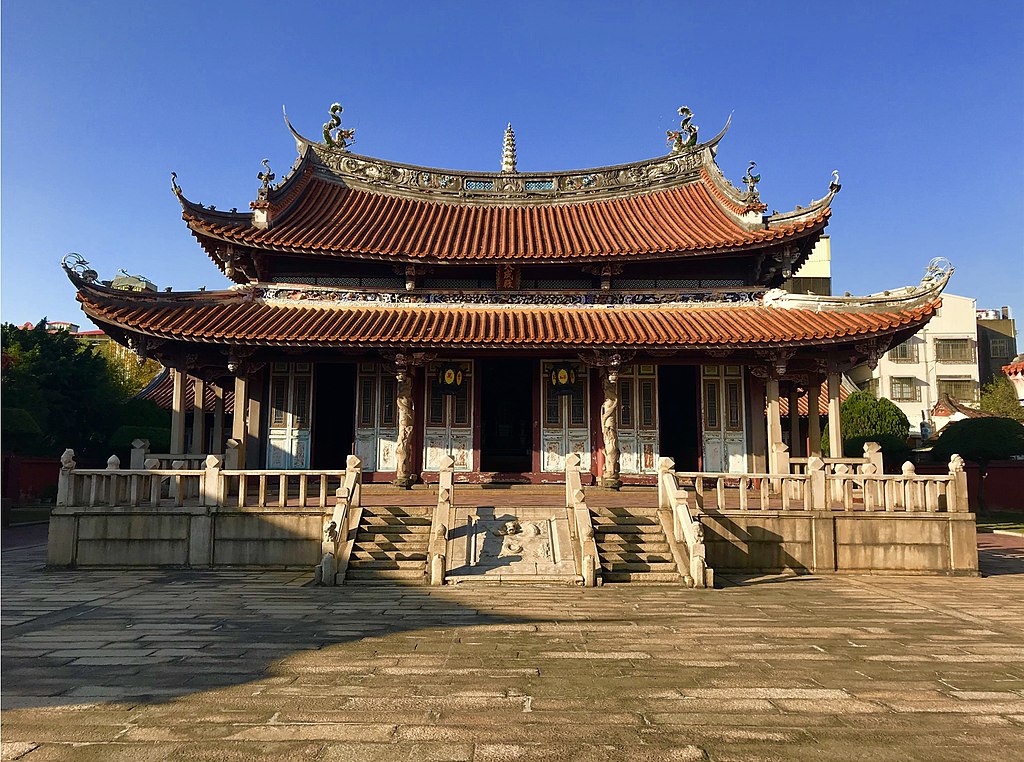【Report】The eighth session of the Global Studies Seminar series “Challenges in Global Studies” “The Hope of Philosophy – From World Philosophy”

Speaker: NAKAJIMA Takahiro (Professor at Institute for Advanced Studies on Asia, the University of Tokyo)
Moderator: TANABE Akio (Department of Interdisciplinary Cultural Studies, the Graduate School of Arts and Sciences)
Discussant: DATE Kiyonobu (Department of Area Studies, the Graduate School of Arts and Sciences)
KOKUBUN Koichiro (Department of Interdisciplinary Cultural Studies, the Graduate School of Arts and Sciences)
To learn more about the Global Studies Seminar series “Challenges in Global Studies,” click here.
【Report】
The eighth session of the Global Studies Seminar series “Challenges in Global Studies” took place on Tuesday, December 15th, 2020. Professor Takahiro Nakajima (Professor at Institute for Advanced Studies on Asia, the University of Tokyo) gave a lecture titled “The Hope of Philosophy – From World Philosophy.” Nakajima put forward the idea of “world philosophy” as the means by which the existing concept of “philosophy” could be deconstructed, arguing that in doing so “philosophy” could possibly open up a path towards “hope.”
Nakajima began his lecture by discussing the trajectory of his research, which can be divided into three phases. He initially began his study of Chinese philosophy as a student of the Faculty of Letters at the University of Tokyo. Under the influence of Yuzo Mizoguchi, who advocated going beyond what he criticized as “Chinese studies without China,” Nakajima came to envision the deconstruction of Chinese philosophy, emancipating it from the shackles of Western subjectivity. He then pursued his research in the disciplinary field of comparative philosophy, though he soon came to question the simplicity behind “comparing” philosophies, and saw how this method could lead to self-complacency, stiffening and impoverishing one’s view. This has led him to explore philosophical concepts as themselves traveling over time and space, attending to the traces and vestiges of this journey embodied in each concept. Currently as the third phase of his research, Nakajima engages with the new conception of “world philosophy.” “World philosophy” does not refer to a global philosophy conceived as a mere aggregate of regional philosophies, but is instead informed by the attempt to search for the universal precisely through one’s engagement with the local and indigenous.
Nakajima further mentioned that there were different proposals for translating the term “philosophy” into Japanese, among which, he argued, “ki-tetsugaku” (philosophy of hope; philosophy re-defining Greek activities) should be drawn attention to. Having its roots in Neo-Confucianism of the Song dynasty, this word lays emphasis on “what one hopes” as opposed to “what one can do.” Through once again back-translating “philosophy,” Nakajima aims to bring a jolt to the perception of philosophy as rooted in Western subjectivity. It is by conceiving a “world philosophy,” he claimed, that we may regain a faint yet promising light of hope.
One of the discussants, Kiyonobu Date asked about (1) how a comparative study will be placed if we are to endorse world philosophy, (2) what the conditions are for making world philosophy possible, and (3) how Nakajima’s hope speaks to our age deeply tinted by despair. Nakajima responded by arguing that (1) it is only by venturing to compare what is incomparable that we come to confront the plurality of the world, that (2) we must create an intellectual space in which such impossible comparison is tolerated, and dispel the notion that philosophy is a possession of the West, and finally, that (3) although the depth of despair today is immense, it is precisely for this reason that we must keep walking, and as more people join the path, the road of hope will appear one day.
Another discussant, Koichiro Kokubun commented (1) whether comparison, despite being a nineteenth century approach, can nevertheless take on a new meaning by serving as a means to find commonalities among different philosophical traditions, (2) whether the originally Greek word “philosophia” can in fact be conceived as a proper noun, as it was not translatable even into European languages in the nineteenth century, and (3) whether it is possible to create a twenty-first century philosophy by reinterpreting the particular precisely through our effort in universalizing. Akio Tanabe as moderator stressed the importance of acquiring a broader perspective in which the world is conceived not merely as constituting the field of meaning for human subjectivity, but is rather approached as earth, as a planet encompassing its own potentiality. A debate also took place over Derrida’s statement that “China has no philosophy.”
A number of questions were raised from the floor as well. The 105 minutes of the seminar was intense and fulfilling, giving us a glimpse of Nakajima’s grand project of jolting the existing framework of philosophy and opening up a path to “hope.”
【YAMAZAKI Kaori (Graduate Student at the Graduate School of Arts and Sciences)】
【translated by ELLIS Naomi (Ph.D. Student at the University of California, Los Angeles)】
